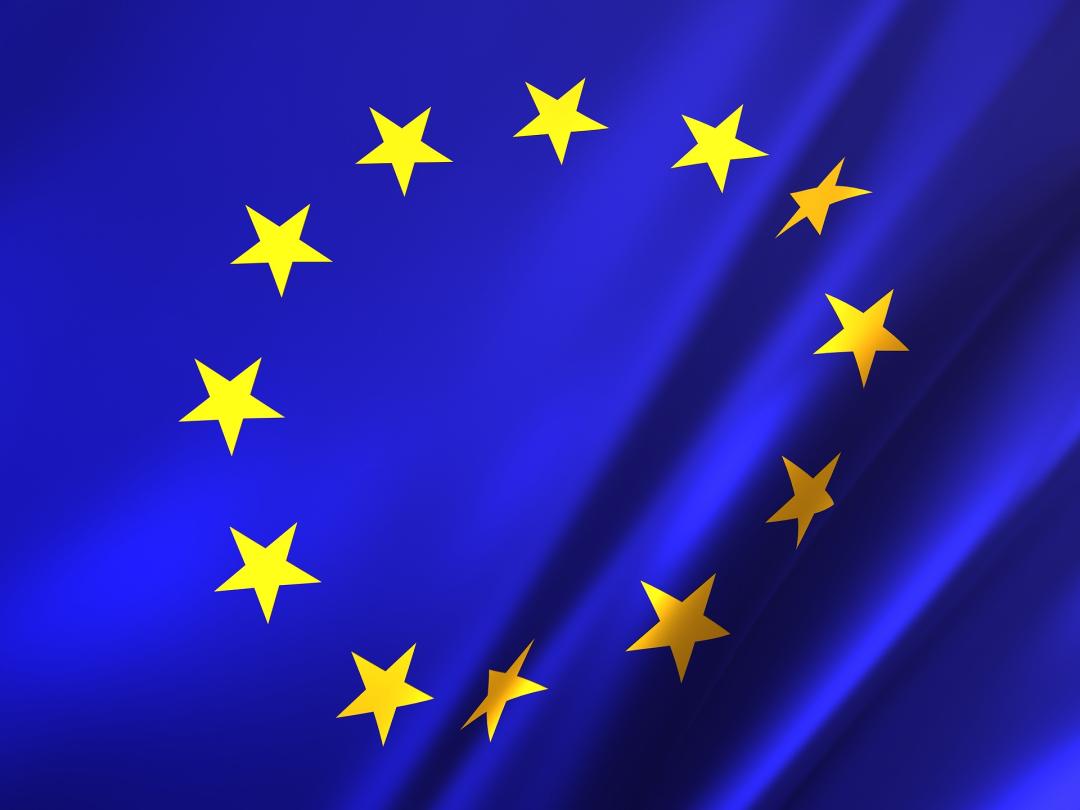
EU public opinion poll in South Caucasus

On 15 June, the “EU NEIGHBOURS east” project published their survey on public opinions over the EU in the Eastern Partnership countries (EaP). The survey took place between February and March 2020 (before Covid-19 crisis) and was utilised face-to-face interviews among a representative sample of 1,000 people per country.
In general, 49% of the EaP citizens have a positive perception of the European Union, which is a rise of 4% from the baseline of 2016. The EU is the most trusted international institution, and the only one trusted by the majority (60%) of EaP citizens. Trust is higher in Georgia (69%), Ukraine (66%), Moldova (63%) and Armenia (60%) and lower in Belarus (45%) and Azerbaijan (41%)
Going in-depth to the South Caucasus countries, in Armenia 53% of the questioned persons had a positive view of the EU, compared to 44% in 2016. The number of persons with negative opinions of the EU is just 9%. 86% of Armenians feel relations with the European Union are good, which is well ahead of the EaP regional average (70%). 60% of people in Armenia trust the EU compared to 51% trusting in the Eurasian Economic Union (EAEU).
The report further outlined that positive perceptions in Armenia were “back in line with the historical trend after spiking in 2019 (62%), possibly due to the fading effect of the ‘Velvet Revolution’ that brought along more positive attitudes towards the country’s institutions as well as the EU. Residents of the north– which borders Georgia – and the centre of the country– which hosts Yerevan, the capital city – tend to be more positively disposed towards the EU than residents of the south– which borders Azerbaijan. For Armenians, the EU symbolises economic well-being and democratic values and more so each year. At the personal level, ‘peace, security and stability’ continued to be the most important personal value, followed by economic prosperity and human rights.
In Azerbaijan, 44% of those surveyed had a positive image of the EU, which was an increase of 17% when compared to 2016. Only 9% of the population are negative about the EU. 69% of the questioned perceived the relations with the EU as good. The EU was also the most trusted international institution, enjoying a 41% level of trust (up 13% since 2018) while the EAEU is trusted by only 26%.
The report outlined that Azerbaijani citizens are becoming more aware of the EU every year, but continue to display low levels of awareness regarding international institutions which, in turn, affects their level of trust and capability to determine the effectiveness of the financial support received. Most Azerbaijani citizens across the major socio-demographic groups showed positive perceptions towards the EU except for residents of larger cities. The North-eastern residents of Azerbaijan were also less positively disposed towards the EU, due to the absence of awareness, while the residents in the western parts of the country showed the most awareness towards the EU. In Azerbaijan honesty and transparency was the most associated value with the EU, followed by pace and security and human rights.
As for Georgia, 49% of the country's citizens had a positive image of the EU. Only 7% of Georgians have a negative view of the EU. 77% of the questioned felt that the relations with the European Union are good. 69% of people in Georgia trust the EU, while only 28% trust the EAEU.
The report outlined that Georgian citizens displayed both a high awareness and a stable attitude towards the EU. Residents of larger cities and the east of the country– including Tbilisi- were more positively inclined towards the EU. Positive attitudes do not seem to be particularly sensitive to any one demographic. However, males, young people and employed/self-employed citizens tend, on average, to be slightly more negative rather than neutral compared to females, middle-aged and older individuals and those who are currently unemployed or retired. The most associated values with the EU in Georgia were peace and security, followed by economic prosperity and human rights.
See Also


Mirzoyan Meets US Deputy Assistant Secretary Joshua Huck

Azerbaijani President Holds Talks with UAE and German Business Delegations on Economic Cooperation

Grigoryan Confirms Armenia’s Readiness to Dissolve OSCE Minsk Group Upon Peace Treaty Signing

Azerbaijani Official Warns of Ecological Risks to Caspian Sea, Similar to Lake Urmia and Aral Sea

